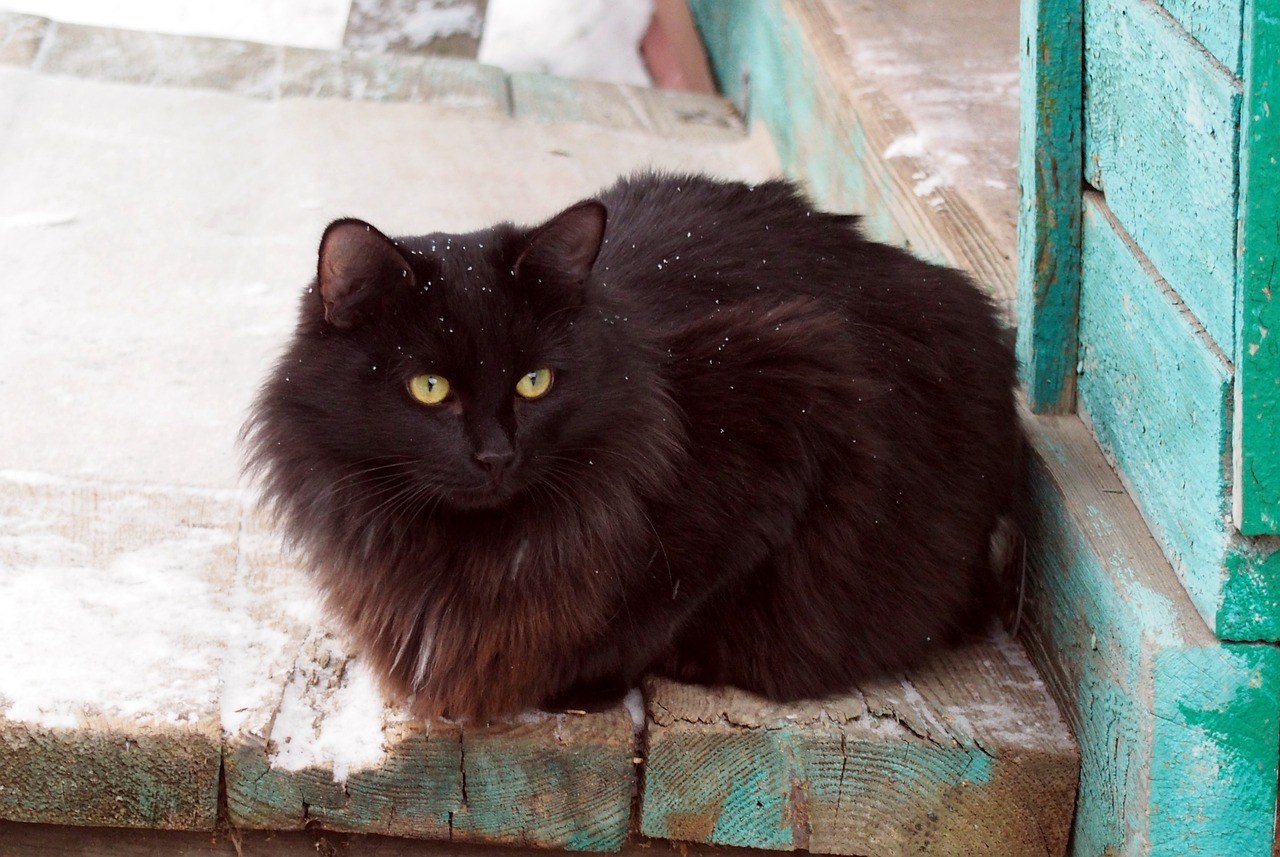The term MILF has moved far beyond a throwaway punchline. People use it as quick code for a certain kind of allure – mature, confident, and striking – yet the label carries more layers than a wink and a smirk. In everyday talk, it can function as a compliment, a private joke among friends, or a clumsy shorthand that lands badly. Understanding what people mean when they say MILF – and how the word operates in different contexts – helps separate the playful from the disrespectful and the stereotype from the reality.
What people mean when they say MILF
At its bluntest, MILF is an abbreviation of “Mother I’d Like to…” with a blunt verb at the end. That’s the crude origin. But language never sits still. Over time, the label has bled into pop culture as a symbol of a woman whose magnetism seems seasoned – someone whose appearance, carriage, and ease with herself communicate charisma without trying too hard. Many speakers use MILF as a shorthand for that vibe. Others hear it and wince, because reducing a person to letters built on a sexual wish can feel objectifying. Both reactions can be true – the tone, intent, and relationship between speaker and subject matter a great deal.
So, is MILF always a compliment? Not necessarily. In one group it might sound like banter; in another, it may land as crude or dismissive. If you wouldn’t say it to the person’s face with genuine respect, it’s probably better to keep it to yourself. When the label is used thoughtfully – or at least not thoughtlessly – it nods to an attraction that includes maturity, not just looks.

How the label took on extra meaning
People are drawn to patterns that make quick sense. MILF compresses a lot: implied age difference, a sense of poise, and a look that stands out. It carries a cultural story – the idea that someone has grown into their charisma and knows how to wield it. That story may be clumsy, sure, but it persists because it feels vivid. Over time, the term started to mean more than literal parenthood. In casual conversation, someone may use MILF to describe a woman who reads as slightly older than the speaker, seems confident, and radiates a particular kind of magnetism. Whether she is a parent sometimes becomes secondary.
What tends to be implied by the label
There is no official checklist. Still, when people throw the word around, certain ideas come bundled with it. Below is a breakdown of common assumptions – not rules – that often shape how the label is used.
Age is relative, not absolute. The label often assumes the woman is older than the observer – but “older” is contextual. To someone in their early twenties, mid-thirties might read as seasoned; to someone in their forties, “older” may point to an entirely different bracket. The word functions on perception more than on birth year.

Attractiveness isn’t generic; it’s striking. The MILF label commonly implies that the person looks exceptionally good – groomed, stylish, healthy, eye-catching. The impression is that she’s not merely attractive but memorable, the kind of presence that turns a head and lingers in the mind.
Parenthood may be assumed – but not required in casual use. Many people still align MILF with motherhood; others use it loosely for a woman who seems like she could be. The heart of the shorthand is perceived maturity and a fully realized presence – not a family tree audit.
Experience and assurance are part of the picture. The label gestures toward a woman who knows herself. She may carry herself with a calm confidence – a sense that she’s navigated relationships and desire before, and that nothing about attraction feels confusing or brand new.

Directness is often expected. In the fantasy that surrounds the label, the MILF doesn’t waste anyone’s time. She’s thought to be clear about what she wants, uninterested in performative uncertainty, and well practiced at drawing boundaries.
Less game-playing, more clarity. Another assumption: texting gambits and three-day rules don’t appeal to her. If something doesn’t feel right, she steps away; if it does, she engages without theatrics.
Age, maturity, and why the label skews upward
Could the term be used for a woman in her twenties? In casual speech, some people do. But the cultural weight behind MILF leans toward maturity – the sense that time has shaped someone’s style, taste, and confidence. Think of it as a seasoned charm rather than a date stamp. That’s why the label often conjures images of women in their thirties or beyond, sometimes newly single and reinventing their lives, sometimes long comfortable in their own skin.
The male counterpart: DILF
There’s a parallel tag for men: DILF. The symmetry is obvious, though the cultural baggage differs. As with MILF, some use DILF as lighthearted praise; others find it reductive. Both terms use quick code to point at maturity plus appeal, and both can sound flippant if respect isn’t part of the delivery. The broader point is that attraction and age can coexist – and that language keeps inventing shortcuts to talk about it.
Why people reach for the word
Part of the term’s appeal is rhythm – it’s short, cheeky, and memorable. Part of it is speed – in four letters it conjures a story: attractive, seemingly older than the speaker, and self-possessed. Sometimes it’s used for humor; sometimes it’s used in earnest admiration. And sometimes people hide behind the abbreviation to say something they’d be less comfortable spelling out. If that sounds familiar, it’s because slang often grows in exactly this way – a mix of convenience, mischief, and cultural momentum.
There is also comparison at play. People sometimes mention MILF alongside cougar – a different label with its own history. Where cougar points to an older woman who prefers younger partners, MILF points to an older-seeming woman whose appeal feels unmistakable, whether she dates younger or not. Both words reduce a wide range of people to neat boxes – which is why tone and context decide whether they come off as playful or flattening.
Scarcity, attention, and the “trophy” narrative
Another current running beneath the label is scarcity – or at least the perception of it. People tell stories about how rare it is to meet someone who checks every box: notably attractive, obviously composed, seemingly older, and available. Rarity draws attention; attention fuels myth; myth fuels slang. From there, a “trophy” narrative can form: if a MILF is hard to approach – socially or practically – then winning her time feels like proof of charm or persistence. That narrative can be silly or self-congratulatory, and it sometimes reveals more about the teller than the subject, but it helps explain why the word carries a competitive charge in some circles.
Social friction adds to the charge. Age gaps can be received unevenly – some circles cheer, others gossip. The more obstacles people imagine, the more they talk as though success signals special prowess. Whether that talk is admirable or tiresome depends on your view of romance – and of bragging. Either way, it keeps the MILF myth alive.
What people find especially attractive here
Why does the label spark such fascination when there are countless other ways to say “attractive”? The answer sits at the crossroads of looks, lived experience, and presence. Consider these recurring themes:
Seasoned sexuality. With time, many people get clearer about what they enjoy – and kinder about communicating it. The fantasy baked into the MILF idea is that the woman already knows her turn-ons, can ask for them without awkwardness, and reads a partner’s signals without getting tangled in confusion. There’s a difference between impulsive heat and practiced sensuality; both can be thrilling, but the latter carries a calm competence that many find magnetic.
Self-possession over spectacle. The image isn’t of someone performing attractiveness, but of a person who has nothing to prove. That can look like simple clothing worn with assurance, eye contact that doesn’t wobble, humor that lands quietly rather than loudly. The label MILF, when spoken admiringly, points to this sense of ease as much as to cheekbones and silhouettes.
Attractiveness that endures. People often agree – at least broadly – on whether someone is striking. Symmetry, posture, grooming, and expression all feed that impression. Some individuals seem to grow more compelling as they age, not less. The MILF label, for better or worse, tries to capture that trajectory in one syllable and four letters.
Contemporary independence. In many places, adult life scripts have loosened. People make different choices about work, love, and family than generations before them. The MILF label thrives in this openness: it presumes a woman who charts her own course and carries herself as an equal. That independence reads as sexy – not because independence is rare, but because it’s visible.
Discretion and steadiness. Another part of the image is composure. Instead of stirring drama, the fantasy assumes she can navigate intensity without chaos – that she can enjoy an affair of the heart or a flash of desire without burning every bridge behind her. Whether that’s realistic is beside the point; it’s part of the lore that keeps the word in circulation.
Language, taboo, and how euphemism evolves
Words built on profanity have long lives. They start sharp, then soften through euphemism and acronym, then repurpose themselves. MILF is one of those words. Strip away the shock value and you find a compact label that people use as a cultural shortcut. It borrows boldness from its explicit origin yet functions, in daily talk, as everyday slang. That split – edgy root, casual usage – explains why some laugh and others cringe when they hear it.
Another reason the term remains sticky is that it lets speakers flirt with taboo without crossing certain lines. Acronyms blur the edges. People who would never say a graphic phrase aloud will toss off four letters as if they’re harmless. That can be convenient – and a little evasive. When we compress real people into acronyms, we risk forgetting the person behind the pun. Using the label with care – or choosing not to use it at all – is often the better move.
Respect, context, and the person behind the label
Because the label centers on attraction, consent and respect are the actual foundation. If a term would make someone feel reduced, it’s not witty – it’s lazy. In private banter with a partner who enjoys the label, it may land as flirty fun. In public, aimed at a stranger, it can feel like a catcall disguised as a joke. The difference is not grammar; it’s regard.
There is also the matter of audience. Friends teasing among themselves may use MILF in a way that never leaves the room. Online, the same word can spread without context and land where it doesn’t belong. If you wouldn’t want your words screenshot and handed to the subject, choose another way to speak. Even admiration can miss the mark if it arrives in the wrong wrapping.
How people navigate the idea in dating
Beyond labels, there are practical dynamics at play when attraction runs across an age gap. The stories people tell about pursuing a MILF hinge on clarity and confidence. If you’re interested in someone who reads older and more assured, approach with the same respect you’d want in return. Don’t posture; don’t perform. Straight talk travels farther than borrowed swagger.
Another reality: a person who has lived more has likely learned to set boundaries quickly. That can look like warm interest or swift exit – both are healthy. The fantasy that follows the MILF label imagines a partner who’s unflustered by ordinary awkwardness and who sidesteps mind games entirely. The best response is to show up as you are, communicate clearly, and accept no for an answer without sulking.
Where the word may head next
Slang mutates. The edges of MILF will keep shifting as people use it in new ways – as praise, parody, or pointed swipe. It may continue to drift from literal parenthood toward a broader idea: a person whose maturity is part of their appeal. Language has a way of turning sharp corners into rounded ones – and acronyms often end up as labels that point less to specifics and more to a shared mental picture.
For now, that picture is familiar: a woman read as older than the speaker, striking, self-assured, and unbothered by theatrics. Some will hear the word and roll their eyes; some will grin; some will take it as fun flirtation; some will see it as unwelcome. All those reactions can coexist. What matters is remembering that behind the slang sits a person, not a caricature. When in doubt, trade the acronym for real words, offered with real courtesy – an approach that never goes out of style.
In short, MILF has become a compact way to talk about a blend of maturity and magnetism – a cultural shorthand that can be lighthearted when used carefully and clumsy when it reduces a person to a punchline. Treat it as a descriptor, not a definition. If admiration is the intent, say it in a way that centers the person, not the acronym. You’ll communicate more, offend less, and still capture what the label tries to say in four letters.
And if you do use the word, keep in mind how it lands. A private compliment can feel flattering; a public tag can feel flattening. The difference lives in respect, consent, and context – the quiet ingredients that make any attraction, regardless of age, feel like connection rather than commentary. Use words that fit the moment, and the moment will treat you kindly.